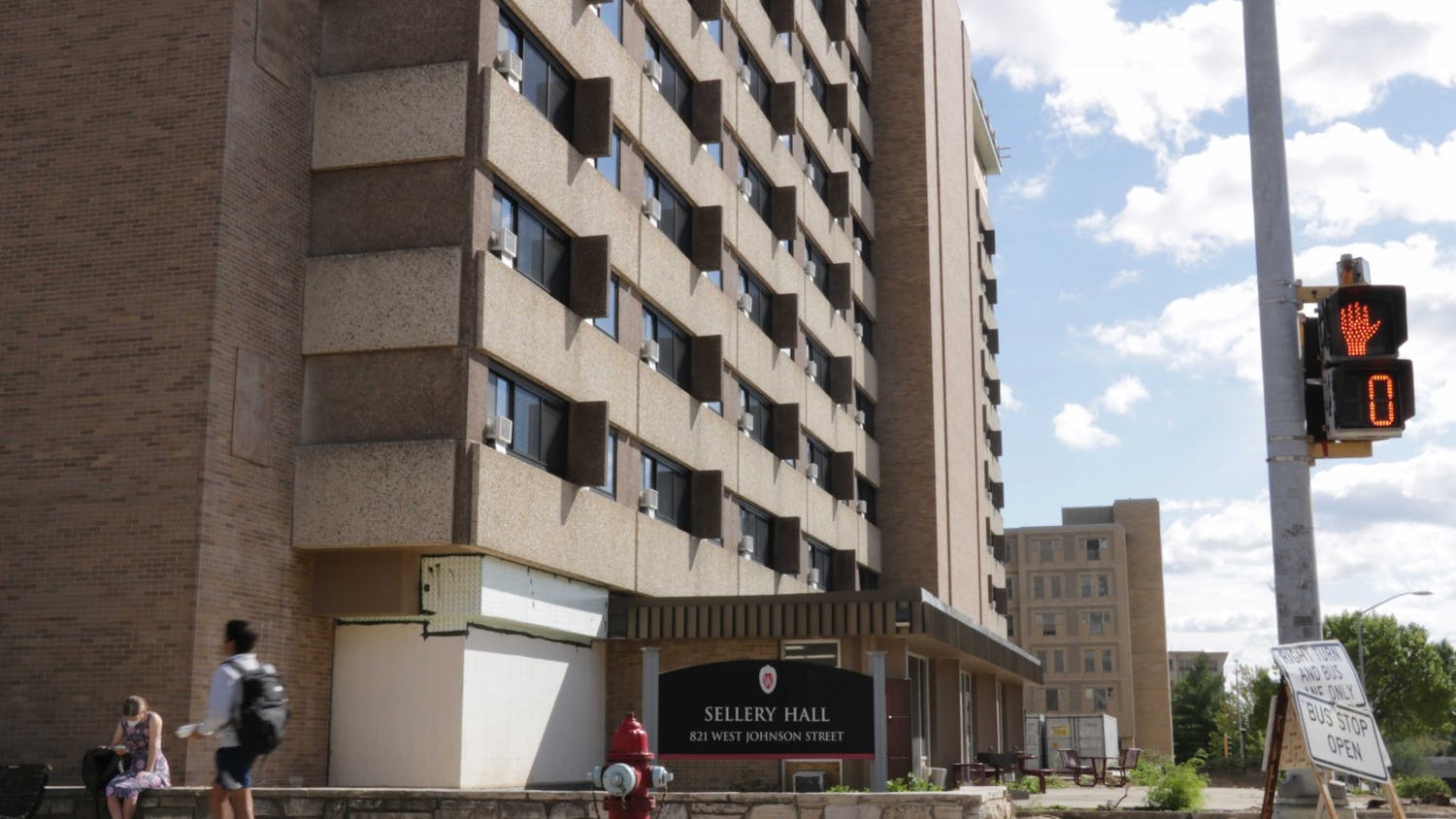The Madison City Council voted 13-6 Tuesday night to approve the proposed Alcohol License Density Plan.
The density plan has been in the works for months, and now that it has passed it will ultimately limit the number of new alcohol-licensed establishments allowed to open in a specific section of the entertainment district downtown.
The one-square-mile area in which the density plan will take effect includes much of the UW-Madison campus - Blair Street westward to Park Street and West Washington Avenue northward to Lake Mendota.
According to Alcohol Policy Coordinator Joel Plant, developer of the plan, a 125 percent increase in the number of establishments with class B alcohol licenses in the past 10 years is one of the main reasons for the new ordinance. In the effected area, he said 42 percent of the 128 class B establishments in Madison reside in the one square mile downtown.
If we continue to add licenses the way we have, we're going to see more and more problems in the downtown area,"" Plant said, adding police are continually stretched to their enforcement limits downtown, putting a strain on the rest of the community.
The problems Plant spoke of have been well documented by police over the last year and range from public urination to aggravated and sexual assaults.
Still, he said the Density Plan would still allow new establishments to obtain alcohol licenses, as long as half the profits come from food sales. Also, new bars would only be permitted to open in place of a current bar that goes out of business or leaves.
Ald. Eli Judge, District 8, a strong opponent of the new ordinance, said it is not an effective way of preventing alcohol-related crime because students will drink regardless of the plan.
""I don't see how it will do anything to affect the culture of drinking here in Wisconsin,"" Judge said. ""It's ingrained into the people who come into this university.""
Judge also worries that capping the number of alcohol establishments will lead to overcrowded bars, forcing students to seek out other venues.
""The plan will push students into unregulated house parties, and house parties are inherently more dangerous than any licensed bar,"" Judge said, adding bars will try for licenses outside of the designated Density Plan area.
UW sophomore and Intrafraternity Council member Stephen Lawrence reflected the same sentiment, noting a sizeable increase in house parties that would lead to less effective patrolling efforts - a problem the Density Plan is aimed to fix.
""The Intrafraternity Council will have to spend more time traveling around from place to place to enforce things,"" Lawrence said.
Madison Police Department Lt. Joe Balles said no research exists showing the restriction in license density drives people to house parties, but he pointed to significant evidence which demonstrates a relationship between density and alcohol-related crime.
""The research clearly demonstrates, and we've seen it firsthand here in Madison that the more alcohol licensed establishments you have in a geographical area, the greater the incidence of alcohol-related crime and disorder you will have,"" Balles said.
Balles continued, ""The plan is one more tool"" in the city's toolbox, and when combined with other tools, such as Mayor Dave Cieslewicz's $100,000 Downtown Safety Initiative, it will lead to a safer downtown.
""What I'm hearing time and time again from students is that they feel a lot safer on Friday and Saturday nights downtown,"" he said. ""We've got a large presence on lower State Street and the University Avenue area.""
However, Plant said residents need to keep in mind, that the density plan is a long-term initiative and is not meant to be a quick fix. He said the plan will only work if the UW-Madison campus and the rest of Madison are ready.
""No one person, issue, event or law is going to change the culture,"" Plant said. ""That has to come from the community.






